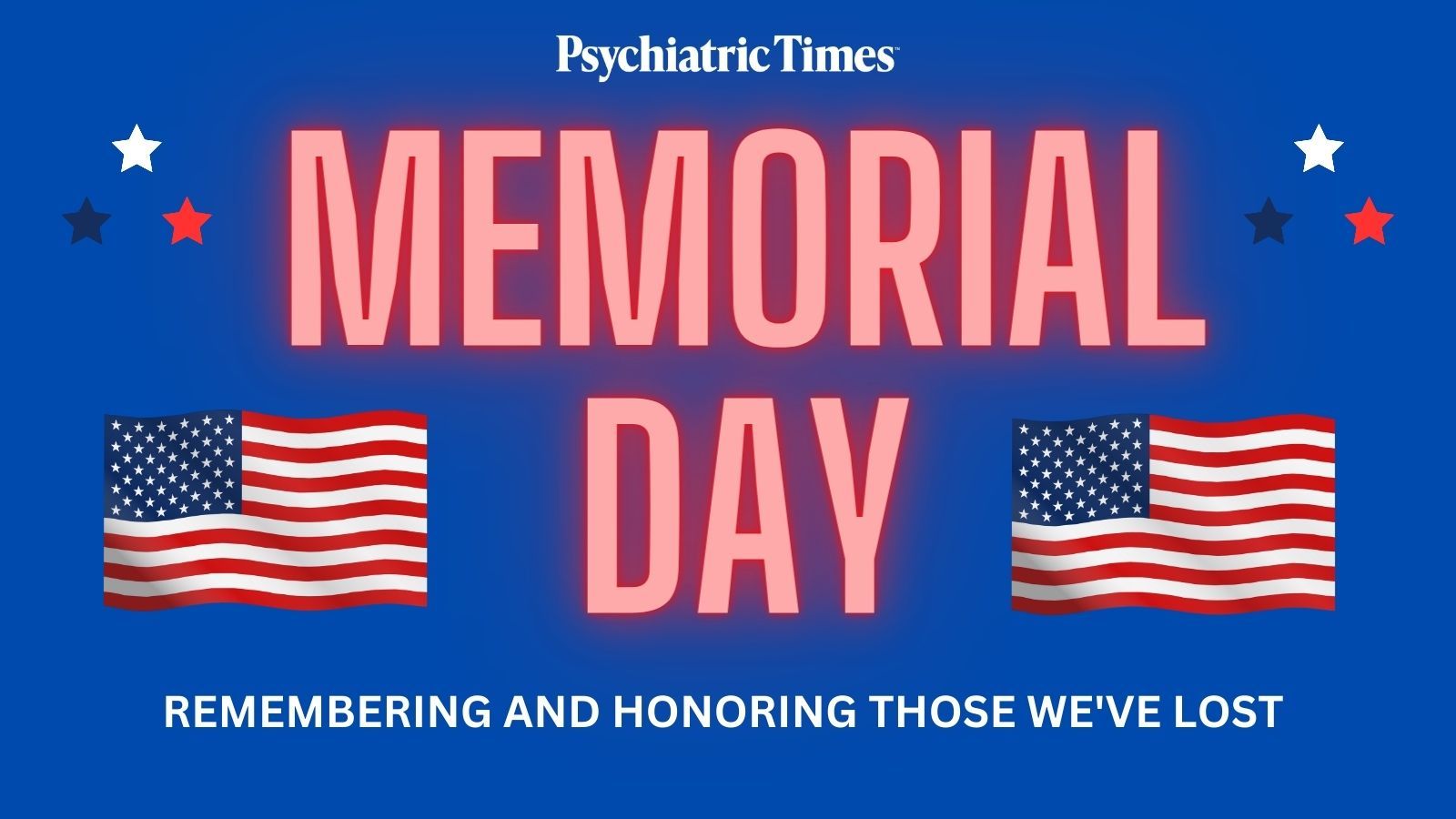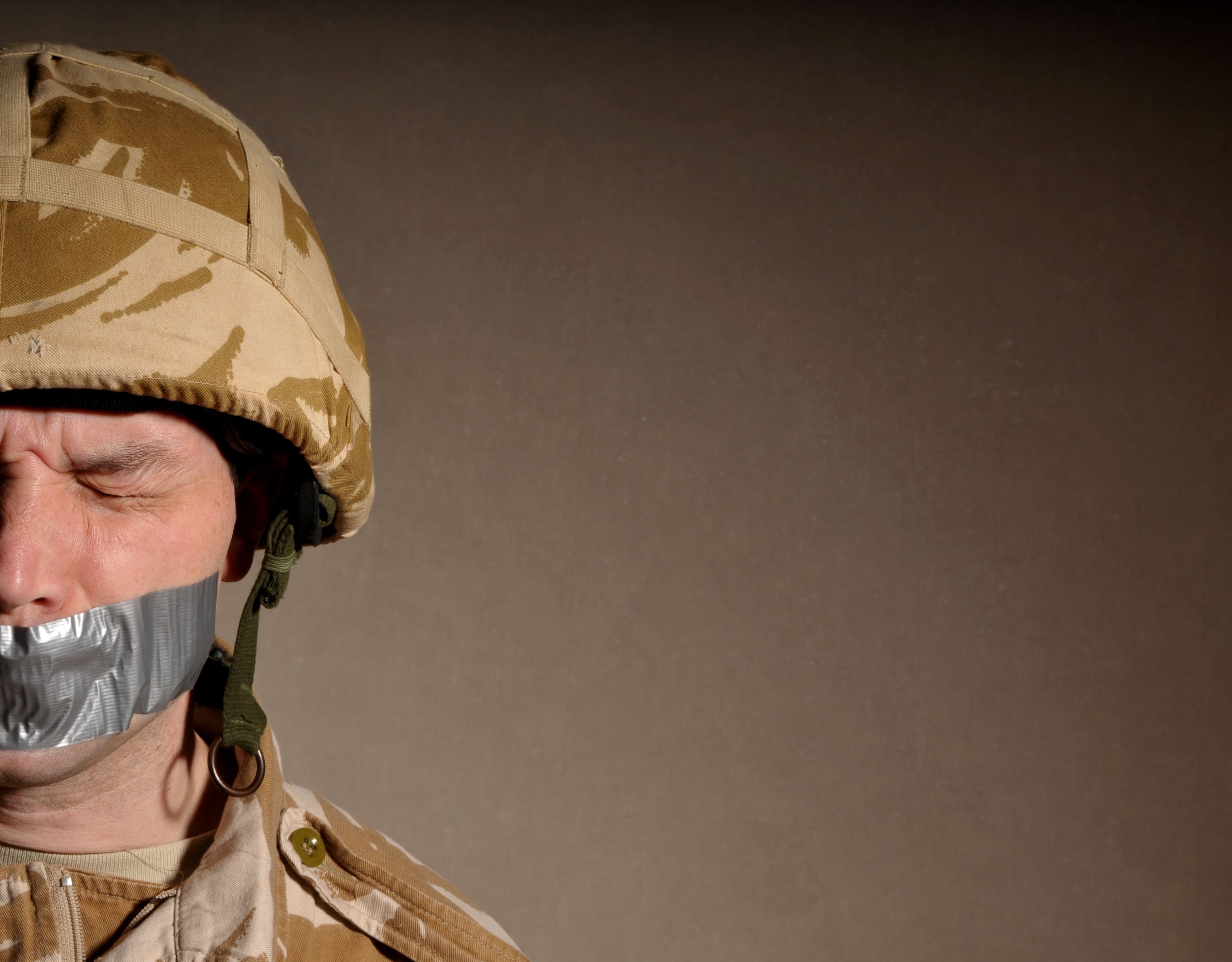
Military Mental Health
Latest News
Latest Videos

Podcasts
CME Content
More News

The mental health challenges that arose in Vietnam over the course of the war were in many respects both prodigious and unprecedented. An estimated 200 psychiatrists, including two women, served in Vietnam with the Army, Navy, and Air Force between 1964 and 1973.

An inside account of what many of our service men and women endure in order to serve their country.
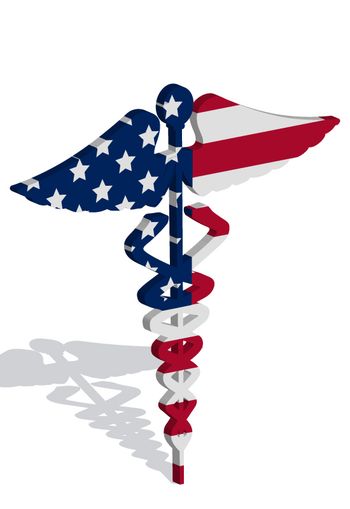
The work of these military psychiatrists who passed away in recent years still has relevance for us.
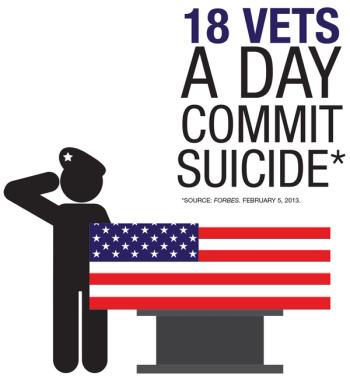
It would be logical to attribute the surge of suicides in the military to simultaneous prolonged engagement in combat, repeated deployments, and attendant stress. But studies have failed to connect deployments to suicide risk.

The Psychiatric Transition Program at the Naval Medical Center in San Diego is a specialized first-episode psychosis program that provides coordinated specialty care to active-duty service members with serious mental illness.

Are mind-body treatments really effective in treating PTSD? Find out in this quiz.

After leaving active duty, when are veterans at greatest for suicide?

Leaving the military is not an easy or simple process. Here is one psychiatrist's personal story.
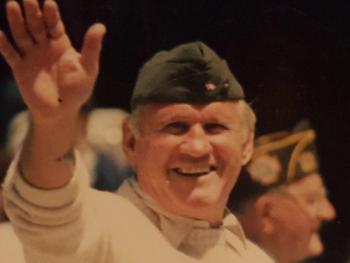
If my dad looked back on those ferocious battles he fought in the south Pacific, he never let on.
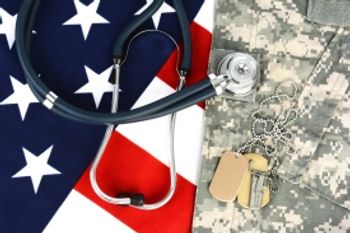
Of the 3.6 million military personnel deployed to Operation Iraqi Freedom and Operation Enduring Freedom, over half are married and about 53% are parents. As these veterans return home, the process of reintegration can have a variety of effects.
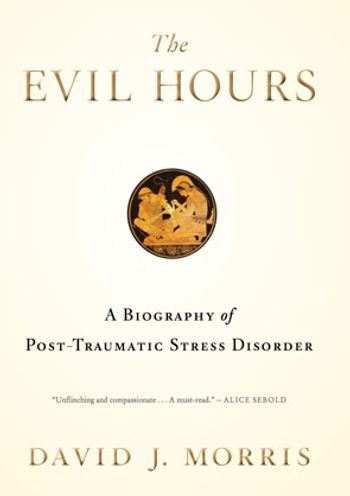
A Q&A with David J. Morris, author of The Evil Hours, a moving biographical book based on a young veteran’s experience with PTSD.

On the heavy cost of savage warfare and its aftermath.

The authors summarize findings from the first study to compare suicide risk for veterans who do and those who do not use VA services.

A story of what can happen (and has happened) when the expertise of a psychiatrist is not followed in complex cases that involve substance use and other disorders.
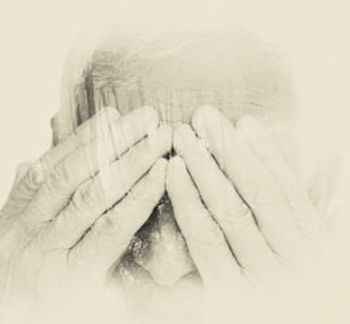
The patient did not just scream for more medication-he literally rolled on the floor, ranting and raving and demanding higher doses. Some may write him off as an "addict," but this case reaffirms the value of studying medicine before practicing psychiatry or psychopharmacology.

Neither facile liberal censure nor rabid applause from the right speak to Eastwood’s purposes in this superbly crafted picture.

In most movies, psychiatrists are depicted in a negative light, which most certainly affects our public image. Was the psychiatrist in American Sniper portrayed positively or negatively?

Given that rates of military suicide have risen to unprecedented levels, the burden of empirical proof in support of weak military mental health confidentiality standards is squarely on the military.

The privacy and security of our offices-the therapeutic bunkers within which our wounded patient-warriors hunker down against an unseen enemy-is the fundamental first barricade between private sufferings and the potential for public humiliation.

Military veterans are ubiquitous in our practices and in our lives. The impact of the past several years of armed conflict is greater than many think-and much greater than simply the number of veterans in your practice or your community.

There is increasing evidence and support for medications for alcohol use disorders to be used in regular clinical practice, and not to be limited to specialty substance abuse settings. Here, special considerations for pharmacological management.

What harms are there in labelling (or rather often mislabelling) more than a quarter of our troops as mentally ill? The harms are numerous and potentially quite dangerous. . .

In the history of psychiatry, the First World War is often identified with the rise of the disorder of “shellshock.” However, many in both the medical community and the military establishment were dubious of the claim that war could produce psychiatric symptoms.
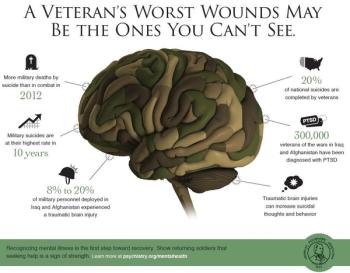
The invisible wounds of war continue to infiltrate the minds and consciousness of veterans and their families, as shown in this infographic and public service announcement by the APA, featuring by Rep. Patrick Kennedy.

Army psychiatrist MAJ Nidal Hasan sought to get out of the service, but the Army, which had poured hundreds of thousands of dollars into his military and medical training, offered him no legal exit.

